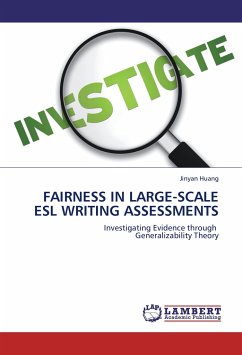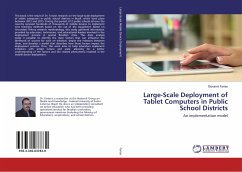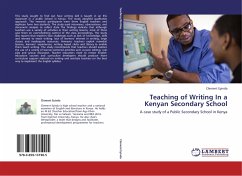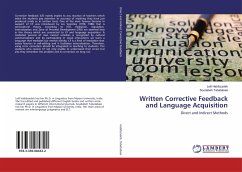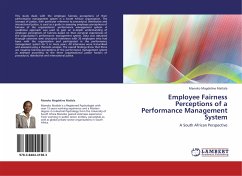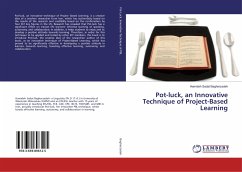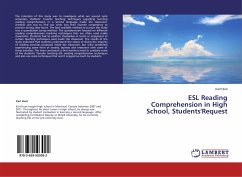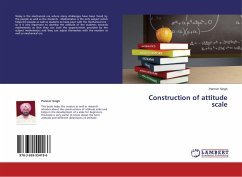The number of ESL students has more than doubled since the 1980s and has recently grown significantly at North American schools. Increasingly, writing-proficiency standards are being established for students regardless of their native languages. Within this context, ESL students have to compete with native English students in writing. Like their native English peers, ESL students are expected to successfully demonstrate their ability to write English compositions and complete high-stakes essay examinations. However, research shows that ESL students face considerable challenges in passing these competency examinations of writing. Further, these difficulties may be due to more than language deficiencies. As an example, rating inconsistency and inaccuracy may be problems with the writing scores assigned to ESL students by the raters. These problems, finally, lead to questions about the fairness of the assessment of ESL students writing. Using generalizability theory as a theoreticalframework, this book investigates evidence of concerns about fairness in large-scale ESL writing assessments in North America.
Bitte wählen Sie Ihr Anliegen aus.
Rechnungen
Retourenschein anfordern
Bestellstatus
Storno

